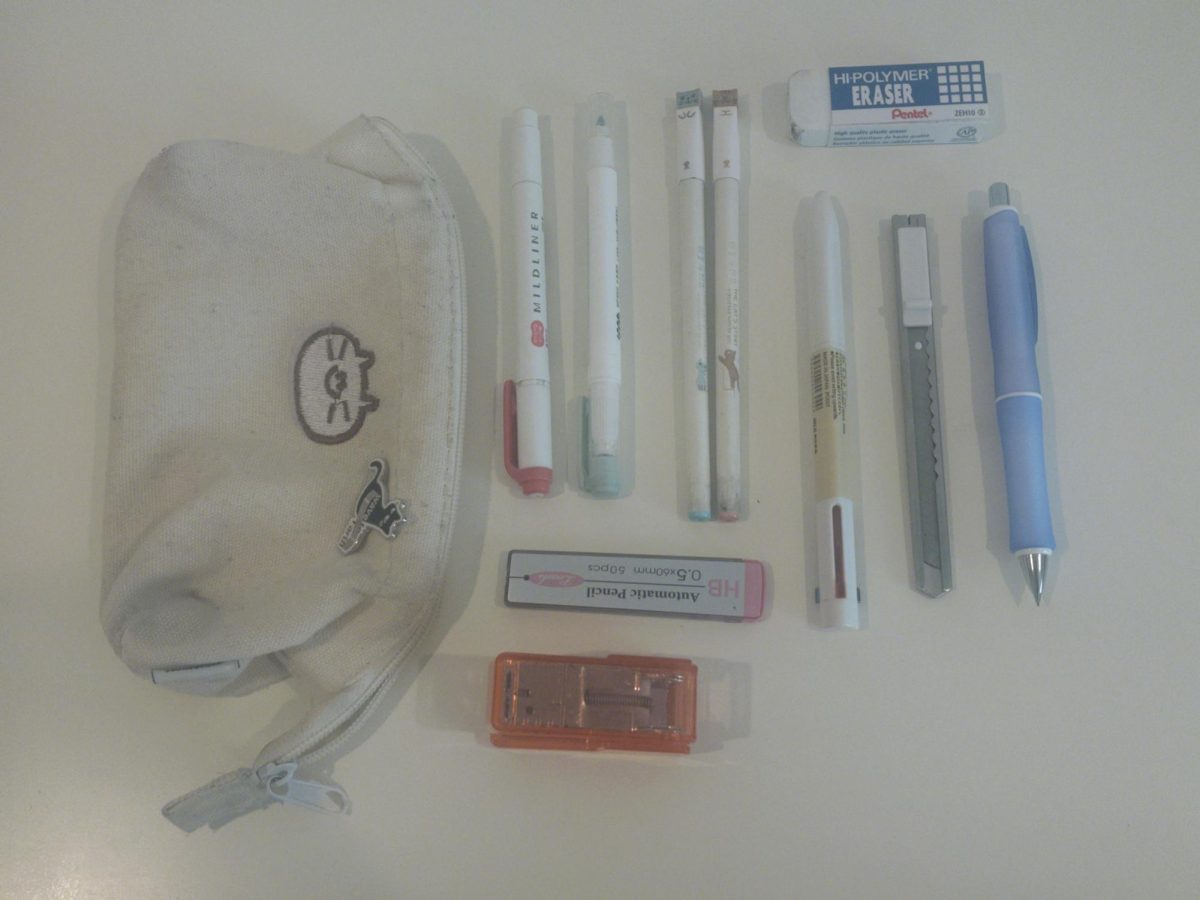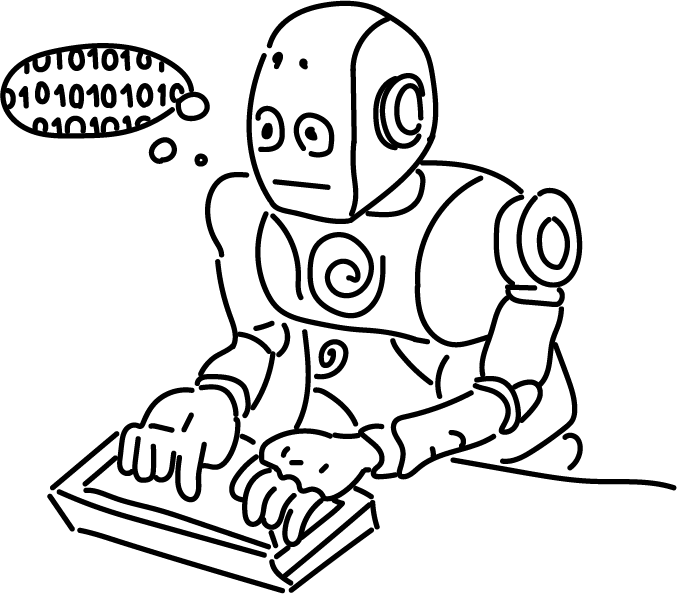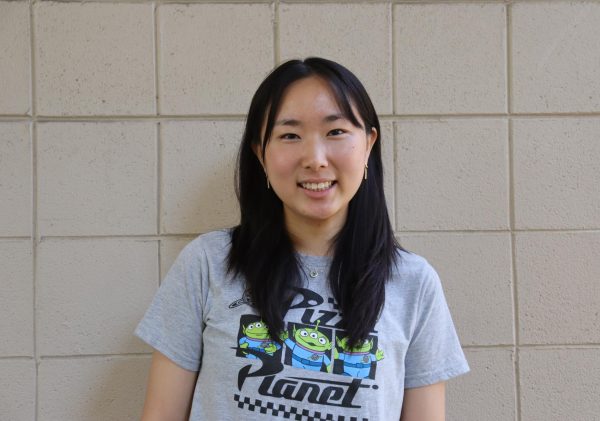From May 5-12, 53 AP U.S. History (APUSH) students came under suspicion for using ChatGPT to complete a collection of four review assignments. Following an investigation by the administration, 25 students were found to have not cheated while the remaining 28 received zeroes and referrals.
Although the APUSH incident received the most publicity, it is just one of many AI-related academic integrity violations in humanities courses this semester after the controversial technology debuted in November.
In recent weeks, the English department has also faced similar troubling issues with students possibly using ChatGPT on essays and other assignments.
For years, the school has used Turnitin.com to check Canvas assignments, an internet-based plagiarism detection service, which recently gained AI-detection functionality in April.
However, the nascent nature of AI means Turnitin.com’s AI-detection is unreliable.Turnitin.com claims that its model “may not always be accurate so it should not be used as the sole basis for adverse actions against a student.” [jump] In investigating the incident, the APUSH teachers used several AI detection models, such as Turnitin and GPTZero, and also manually looked at students’ submissions to see if it matched their writing style.
In some instances of the APUSH incident, ChatGPT use was obvious — one student did not remove the gray highlight on the text that often comes wifth directly copying and pasting from the ChatGPT interface.
Initially, students in history teacher Faith Stackhouse Daly’s class whose work was detected as above a certain threshold percentage written by AI were called into her class during tutorial, and she spoke individually to them, either clearing or confirming their use of ChatGPT.
After a large influx of flagged assignments, however, other teachers overheard APUSH students bragging about how they lied to Daly to get their assignments cleared. This created a more serious academic integrity problem, and any student whose assignment was detected as any percentage AI-composed on Turnitin.com was then asked to speak to an administrator.
Meanwhile, history teacher Margarita Morelle’s APUSH students who were flagged were directly sent to the administration.
However, students who were found to have used ChatGPT were given a chance to rescue their grades through an alternative assignment offered by Daly and Morelle, raising their grades for assignments in which they used ChatGPT from 0% to up to 70%.
Meanwhile, the English department is discussing viable ways to prevent ChatGPT use in the future. One possible solution is having students hand-write the beginnings of their assignments in class and type the rest at home, allowing teachers to check the typed version against the handwritten version’s writing style and ideas. English teacher Natasha Ritchie said the downside of handwritten, in-class essays is that they severely limit the possible depth of ideas. With a challenging book like “Beloved” to analyze, students may struggle to meet writing standards if all assessments are in class or handwritten.
“I would be disappointed if we have to change everything to in-class essays, and I think there’ll be some students who won’t perform as well on the spot like that,” Ritchie said.
According to principal Greg Louie in a recent email to APUSH students, technology like ChatGPT will force students to contemplate the kind of students and people they want to be.
“Like calculators, SparksNotes, the internet, and mobile devices, AI and GPT are more than likely here to stay; how we incorporate the resource and teach our students responsible and ethical use will be up to all of us,” Louie said.
Saratoga High is not alone in this struggle to figure out AI issues. Across the country, colleges have been using various solutions to combat ChatGPT use, with mixed results. Some are getting rid of take-home assessments, while others are placing more emphasis on oral assessments and group work or assigning essays with more complicated prompts that ChatGPT may struggle with.
The best way to prevent cheating with ChatGPT remains an open question for humanities teachers, but the effects of cheating on students and teachers remains the same.
“I think most students don’t think that it’s personal when they do this, but teachers take it extremely personally because they take time away from their families to engage with students,” Keys said. “When a student phones it in and outsources it, it feels like a punch in the stomach.”




























